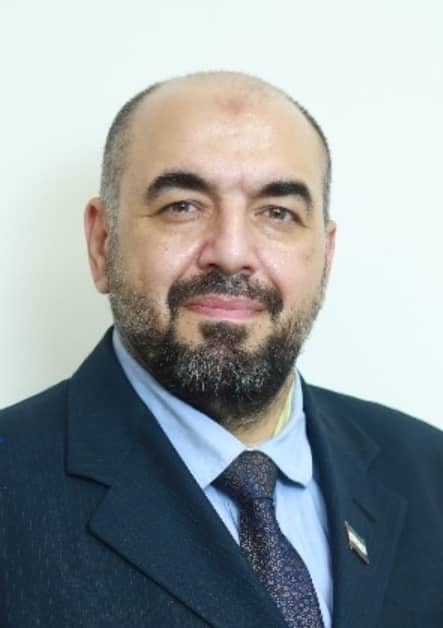Is Syria heading to political pluralism?
6. November 2025
As Syria enters its “post-liberation” phase, it faces a single question that overshadows all others: is it truly moving towards a pluralistic political system, or merely reinventing the old one-party state in a new form? This question grows more urgent with every sign that the rules of political life are being rewritten.
Hints of the latter are not hard to find. Earlier this month Al-Modon, a Syrian news website, reported that preparations were under way to establish a new political party under the supervision of the General Secretariat for Political Affairs, to be led by President Ahmad al-Sharaa and Foreign Minister Asaad al-Shaybani. Pro-government figures, however, denied that any such party was in the works, describing the process as an “administrative arrangement”. Even so, some Syrians saw in the move a first step towards the rebirth of political life, while others regarded it as a repackage of the bad old ways.
If pluralism is natural and befitting for Syria, why does the road to it remain so uncertain?
Public opinion, meanwhile, appears to be moving faster than those in government. According to the Arab Index 2025, most Syrians say they favour democracy and consider pluralism their preferred system of governance. Yet few see any political mechanism in practice that reflects these aspirations. The result is a widening gap between expectation and reality. If the public is ready for pluralism, who is holding it up?
President Sharaa’s own discourse offers clues. Since before his conquest of Damascus, he has avoided militaristic language and instead spoken of “popular representation” and “civil institutions”. In a September interview with state television, he went so far as to say that “in the end there will be political pluralism in Syria. There are different opinions. This is the natural condition that suits our country.”
It was a soothing message designed to reassure a war-weary population. But it also raised doubts. If pluralism is natural and befitting for Syria, why does the road to it remain so uncertain?
Pluralism within bounds
What the government appears to envisage is a controlled pluralism – open enough to accommodate a range of views, but not enough to endow those views with influence. Such caution is perhaps understandable after years of conflict. Yet it has bred another kind of pluralism altogether: sectarian, regional, and communal pluralism that deepens divisions rather than heals them. In coastal areas, in Suwayda, and in the Kurdish northeast, the state continues to treat pluralism as a security problem, not a political one.
The approach is not unique. The post-civil war regime in Algeria pursued similar tactics, creating loyalist parties to choreograph transition without surrendering control. These arrangements provided stability but little political life. Syria’s case, however, is distinctive. Civil organisations that took shape during the war years have evolved into proto-parties and social networks with political ambitions. They lack only a legal framework to operate openly. Ignoring these groups could be read as a message in itself: that society is ready to participate, but the new state wants that participation to remain strictly within its own confined framework.
What comes first?
That tension will soon be tested. The newly formed Legislative Council (parliament) is expected to debate a law governing political parties. Yet questions persist about the council’s legitimacy and its ability to regulate a political landscape that barely exists. The government insists that party formation should wait until the end of the five-year transition period. But that transition is supposed to culminate in elections, and elections require established parties. The dispute over timing is therefore a dispute over the philosophy of the new state: should Syria’s political opening unfold gradually, or will it all be deferred until the very end.
For now, politics remains something to be managed rather than practiced.
All signs point to the latter. The Syrian leadership’s instincts remain cautious, rooted in an ideological tradition that prizes unity of command and fears disorder more than temporary authoritarianism. Pragmatism also plays a part. Consolidating control at a time of growing international recognition is tempting, and foreign powers often prefer predictability to democracy.
For now, politics remains something to be managed rather than practiced. The government’s rhetoric moves forward while its behaviour edges back. Syrians themselves appear far more ready for pluralism than their rulers, but the approach so far by the government risks producing a deferred transition: a system that speaks the language of democracy, while keeping its institutions under a tight grip.
Syria now stands at a fork in the road. One path leads to a genuine pluralism capable of producing competitive elections and accountable governance by the end of the transition period. The other returns to the old one-party logic dressed in the vocabulary of stability and reform. Between the two lies the country’s central dilemma: a population that wants political life, and a leadership that insists it is moving in that direction, though at a pace so deliberate that “pluralism” may lose all meaning.




